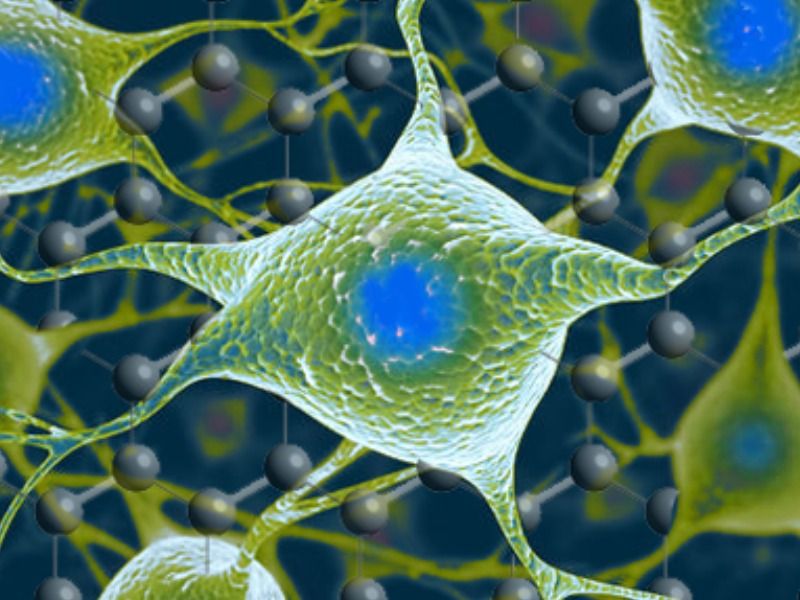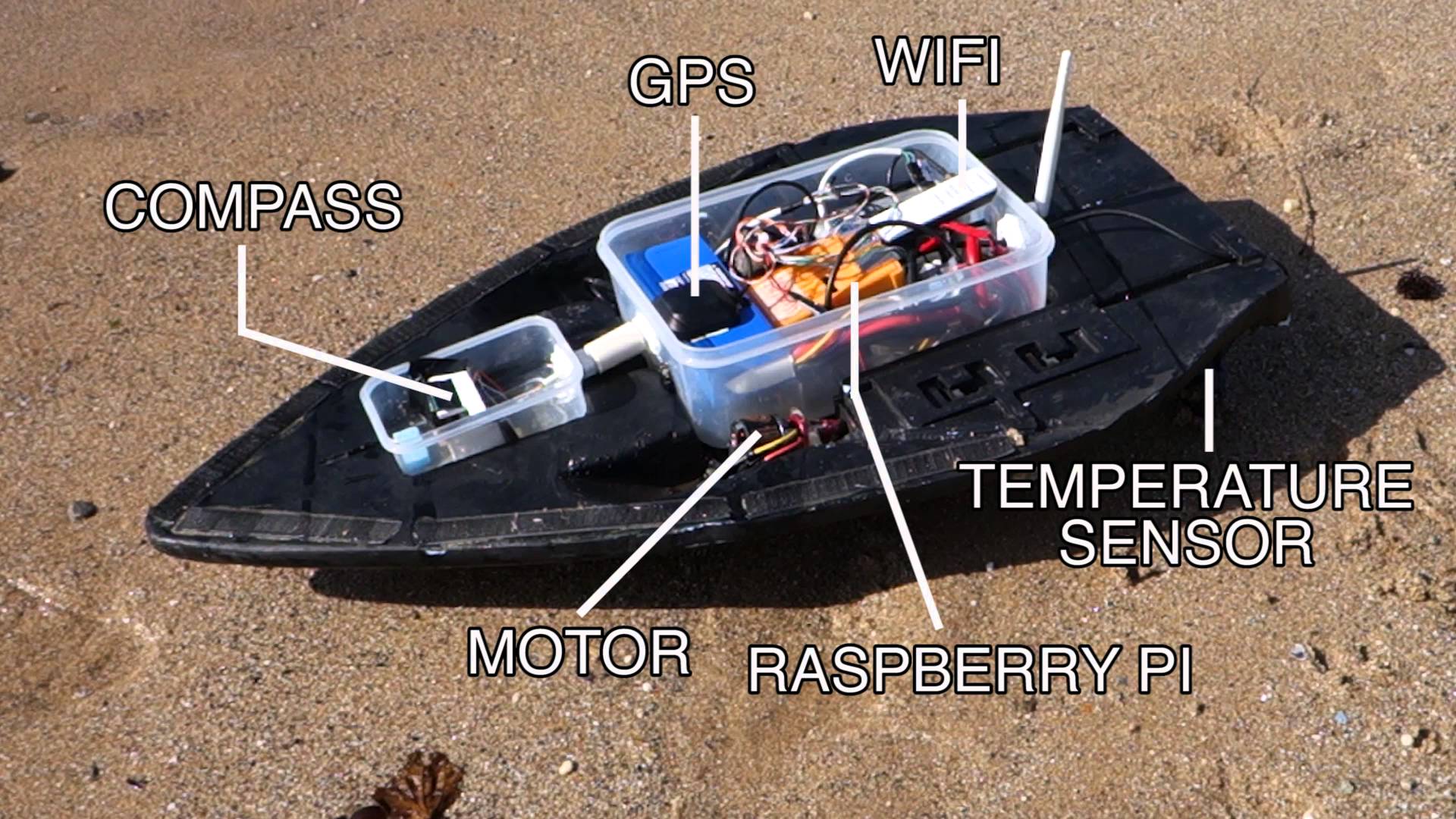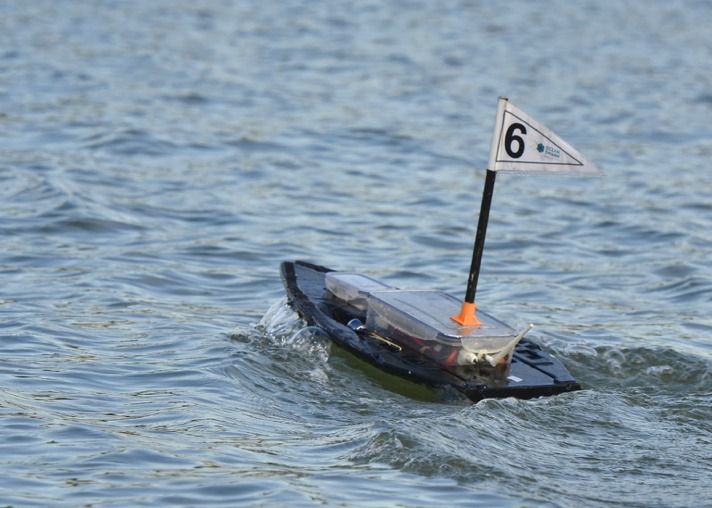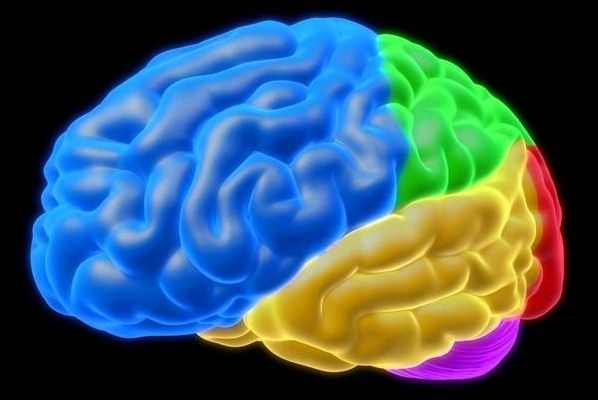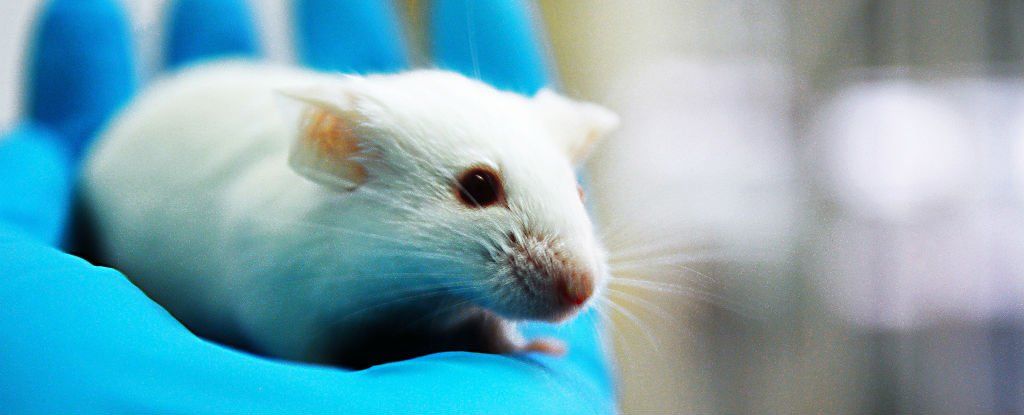
A new study has shown that the lifespans of mice can be extended by up to 35 percent by simply clearing out senescent cells — defunct cells that stop dividing, accumulate in old age, and trigger inflammation in fat, muscle, and kidney tissues.
Not only did the mice experience significantly longer lifespans thanks to removal of these cells, but the treatment also delayed the onset of age-related disorders such as heart and kidney deterioration, and the development of cataracts and tumours.
“It’s not just that we’re making these mice live longer; they actually stay healthier longer too. That’s important, because if you were going to equate this to people, well, you don’t want to just extend the years of life that people are miserable or hospitalised,” one of the team, cell biologist Darren Barker from the Mayo Clinic College of Medicine, told William Herkewitz at Popular Mechanics.
Read more

